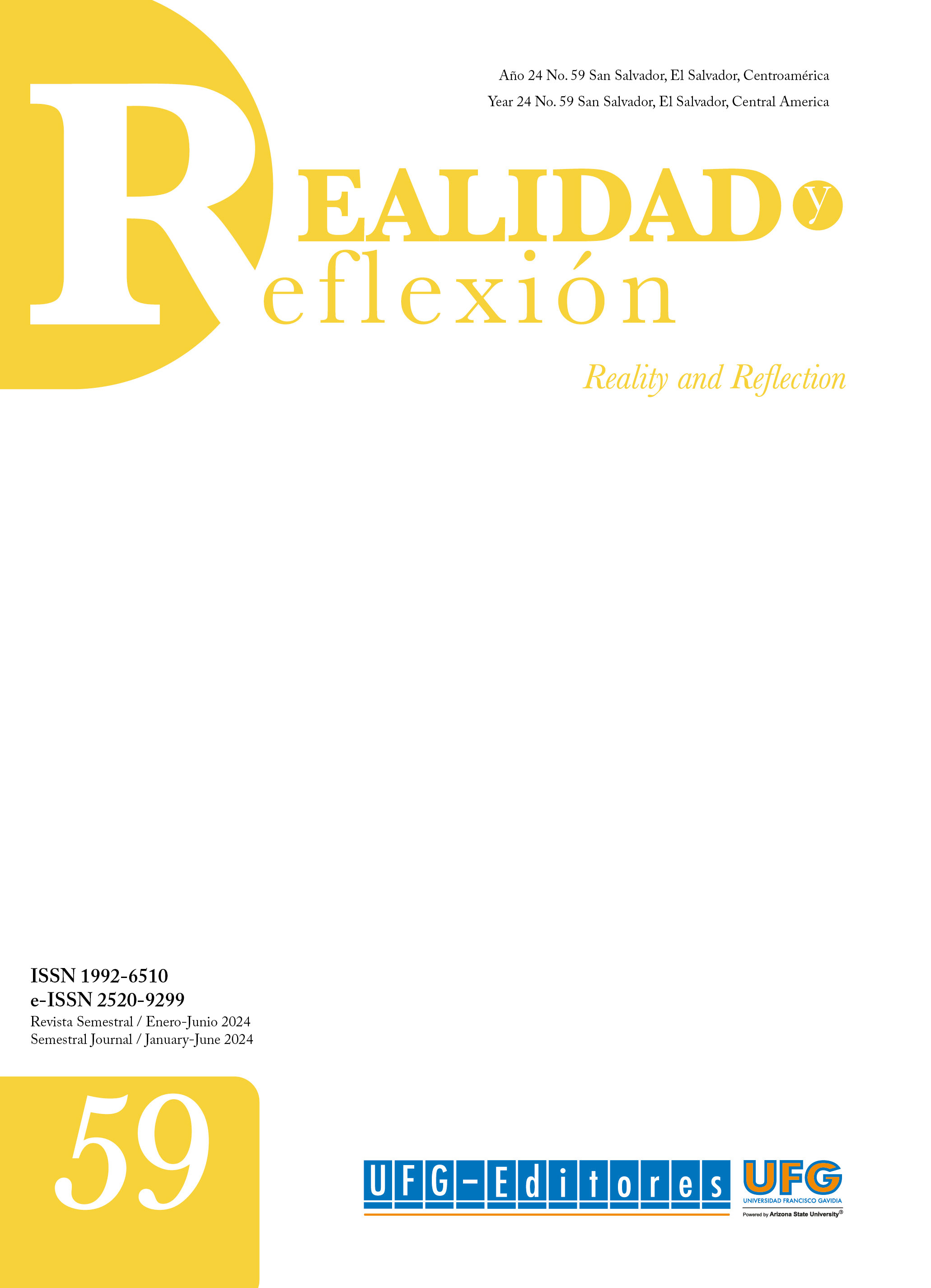Splitting Judith Butler's gender identity performativity theory
DOI:
https://doi.org/10.5377/ryr.v1i59.18715Keywords:
identity, feminism, sexuality, gender minorities, performativityAbstract
This article aims to expose how Judith Butler's theory of performativity of gender identity aroused from the integration of different philosophical notions that integrate this theory. To precisely address the author's theory, a brief explanation of those relevant philosophical proposals that served as the basis for the development of the Butlerian theory will be provided. This article will introduce Judith Butler’s life and work, and subsequently, explore the main concepts related to her theory of gender identity, explaining the fundamental points of the theories of philosophers like Spinoza, Hegel, Nietzsche, Foucault, and feminist philosophers such as Wittig and Rich. Furthermore, it will elaborate on the main ideas considered in the study of her theory of gender performativity deemed essential for its study. It will review the parts derived from Austin's speech act theory, Althusser's interpellation, and Kristeva's concept of abjection. In conclusion, it will be shown that the success of this theory lies in the synthesis of these diverse ideas, which gave rise to Butler’s new recognized and widely studied proposal. The intent is to provide an explanatory approach and offer a new way to understand this theory, enabling the reader to identify those relevant philosophical theories and discover the origin, foundations, and development of the theory of gender identity performativity.
Downloads
674
Downloads
Published
How to Cite
Issue
Section
License

This work is licensed under a Creative Commons Attribution-NonCommercial-ShareAlike 4.0 International License.
© Universidad Francisco Gavidia
Instituto de Ciencia, Tecnología e Innovación (ICTI)
Reality and Reflection
The content and opinions expressed in the publication are the responsibility of the authors of the published articles. The authors assign the publishing and publishing rights, in printed and digital version, to the Universidad Francisco Gavidia.
Proof of originality and assignment of publication rights
The authors must sign a certificate in which they indicate that the text presented for publication is original, unpublished and that it has not been sent for review in another academic publication; In turn, the authors assign the rights of publication and publication to Francisco Gavidia University. The format of this record will be sent through the emails: editores@ufg.edu.sv and jlozano@ufg.edu.sv
The journal Reality and Reflection is housed in the institutional dissemination platforms (web page and in the repository), as well as in databases and other pages of scientific dissemination. The publications of the Francisco Gavidia University are subject to the Salvadoran copyright law, contemplated in the Intellectual Property Law https://www.asamblea.gob.sv/
The content of the work is the sole responsibility of the author, therefore, if for any reason or reason, direct or indirect, the Editor is obliged to pay any compensation to a third party derived from the work of the author, whether it is established in a transaction, agreement or final or enforceable judicial sentence, the Editor may repeat against the Author for the total amount of compensation, plus adjustments, interests and costs that correspond.
It will be the obligation of the UFG to grant five copies of the publication which will be delivered at the UFG Editores headquarters in San Salvador.

